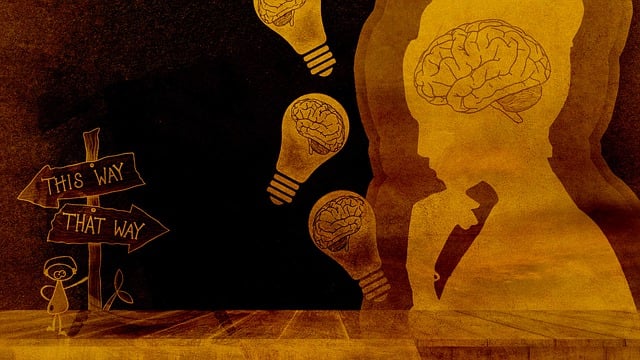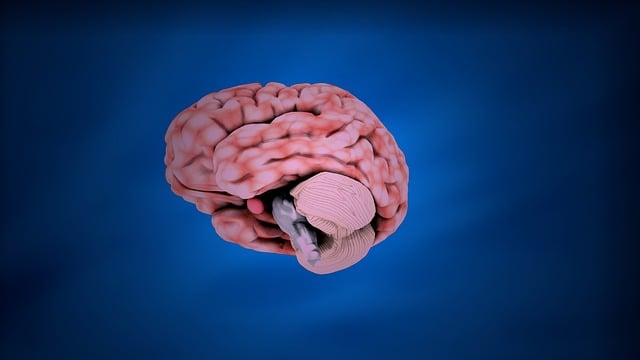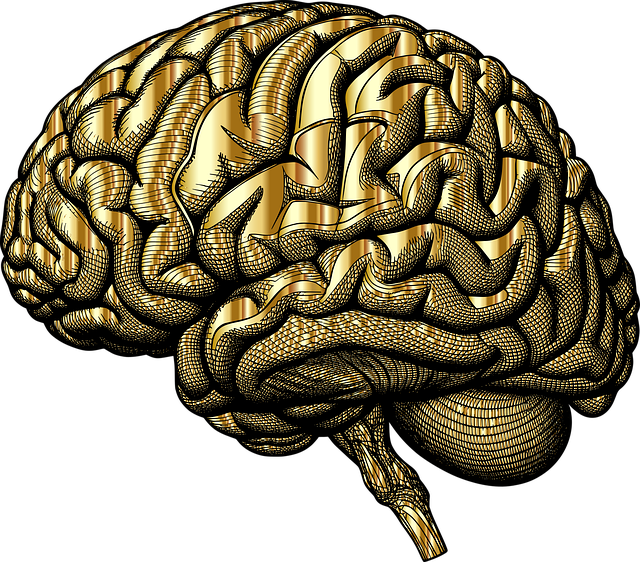Mental illness stigma poses significant barriers to individuals seeking help, leading to unaddressed symptoms and exacerbating conditions. Wheat Ridge Somatic Experiencing Therapy (WRSET) offers a holistic approach by emphasizing the mind-body connection, empowering clients through self-care routines and guided mental wellness journaling, and challenging societal perceptions of mental illness. Educational initiatives and community engagement led by WRSET play crucial roles in reducing stigma, fostering understanding, and promoting emotional well-being through support networks and open conversations, ultimately contributing to a more compassionate society.
Mental illness stigma remains a significant barrier to access and treatment, affecting millions. This article explores targeted efforts to reduce this pervasive shame, focusing on unique approaches like Wheat Ridge Somatic Experiencing Therapy. We delve into educational initiatives, the power of community engagement, and support networks that foster inclusivity. By understanding stigma’s impact and exploring innovative solutions, we can create a more supportive environment for those seeking mental health care. Wheat Ridge Somatic Experiencing Therapy offers a promising path to debunking long-held myths.
- Understanding Stigma: Its Impact on Mental Health Seekers
- Wheat Ridge Somatic Experiencing Therapy: A Unique Approach to Debunking Stigma
- Educational Initiatives: Spreading Awareness for Change
- Community Engagement and Support Networks: Fostering an Inclusive Environment
Understanding Stigma: Its Impact on Mental Health Seekers

Stigma surrounding mental illness can create significant barriers for individuals seeking help. It often manifests as negative attitudes and beliefs that discourage people from discussing their struggles openly. This internalized shame and fear of judgment can lead many to avoid professional support, even when they are in crisis. For instance, those considering Wheat Ridge Somatic Experiencing Therapy might hesitate due to societal perceptions about mental health treatment.
The impact is profound; unaddressed stigma contributes to the delay or avoidance of care, hindering individuals from developing effective coping mechanisms and self-care routines. It can lead to chronic symptoms and even exacerbate existing conditions. Crisis Intervention Guidance plays a crucial role in breaking this cycle by providing immediate support and de-stigmatizing help-seeking behaviors. Encouraging open conversations about mental health fosters emotional regulation skills, enabling individuals to navigate challenges with resilience and reduced anxiety around seeking therapy or adopting self-care practices for better mental health.
Wheat Ridge Somatic Experiencing Therapy: A Unique Approach to Debunking Stigma

Wheat Ridge Somatic Experiencing Therapy (WRSET) offers a unique and innovative approach to mental illness stigma reduction. By focusing on the mind-body connection, WRSET helps individuals understand that emotional and physical health are intricately linked. This holistic therapy encourages clients to explore their feelings through various sensory experiences, aiming to heal trauma and reduce symptoms of anxiety and depression. By debunking the notion that mental illness is solely a cognitive or psychological issue, WRSET promotes a more comprehensive understanding of mental wellness.
Incorporating practices like self-care routine development for better mental health, WRSET empowers individuals to take an active role in their healing journey. Through guided mental wellness journaling exercises, clients are encouraged to track their emotions and experiences, fostering self-awareness and resilience building. This personalized approach not only assists in managing symptoms but also helps in challenging societal expectations and preconceived notions about mental illness, contributing significantly to stigma reduction efforts.
Educational Initiatives: Spreading Awareness for Change

Educational initiatives play a pivotal role in reducing the stigma surrounding mental illness. By implementing comprehensive awareness programs, communities can foster understanding and empathy, leading to more supportive environments for those dealing with mental health challenges. These initiatives often involve partnerships between healthcare providers, educational institutions, and community organizations.
For instance, Wheat Ridge Somatic Experiencing Therapy (WRSET) has been at the forefront of such efforts. They offer workshops and training sessions that educate mental health professionals on effective communication strategies to de-stigmatize mental illness. These programs also equip individuals with risk assessment tools to identify burnout prevention measures, ensuring practitioners can provide quality care without succumbing to professional exhaustion. Through these educational efforts, WRSET contributes significantly to creating a more inclusive and supportive network for mental health support.
Community Engagement and Support Networks: Fostering an Inclusive Environment

In the fight against mental illness stigma, community engagement plays a pivotal role in fostering an inclusive environment. Local initiatives, like those offered by Wheat Ridge Somatic Experiencing Therapy, focus on emotional well-being promotion techniques that cater to diverse populations. By integrating support networks and education programs, these efforts aim to break down barriers and reduce the isolation often associated with mental health struggles. Through community outreach, workshops, and peer support groups, individuals affected by anxiety relief issues gain access to understanding allies, thereby encouraging open conversations and fostering a culture of care.
Mental illness stigma reduction efforts thrive when communities actively engage in promoting understanding and empathy. This supportive ecosystem enables individuals to seek help without fear of judgment or discrimination. By embracing practices that encourage mental health awareness, communities create safe spaces where everyone feels valued and empowered to prioritize their emotional well-being, ultimately contributing to a more compassionate society.
Mental illness stigma reduction is a multifaceted effort that requires understanding, unique therapeutic approaches like Wheat Ridge Somatic Experiencing Therapy, comprehensive educational initiatives, and strong community engagement. By debunking myths, fostering inclusive environments, and encouraging open conversations, we can create a more supportive landscape for those seeking mental health care. These collective efforts are crucial in ensuring everyone has access to the resources they need to lead healthier, happier lives.














